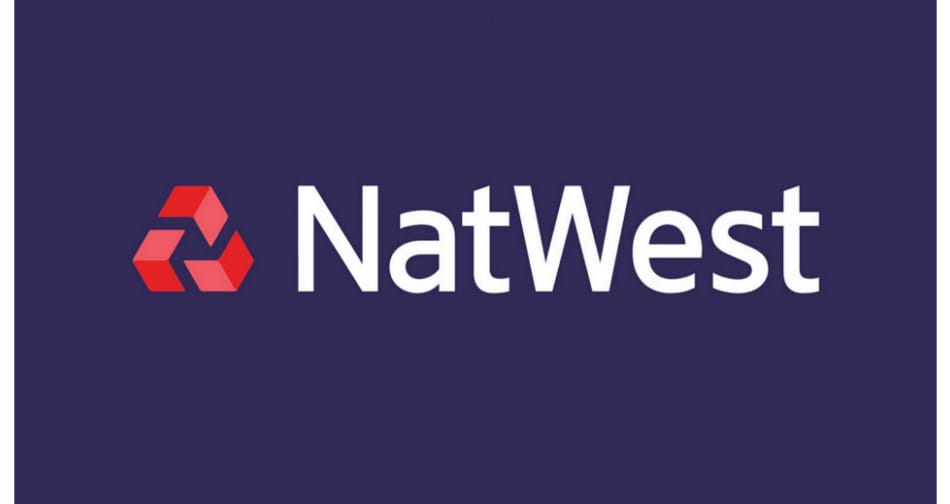
Will This Online Lender’s Risky Business Model Hold Up?
By Zeke Faux for Bloomberg
For Avant’s Al Goldstein, being the quickest online-loan startup to lend $1 billion isn’t that cool. He wants his 2½-year-old company to be worth $100 billion, on the scale of Bank of America or Citigroup. “Our long-term vision for Avant is to build the Amazon of financial services,” says Goldstein, 34. “The opportunity is massive.”
While eventually Goldstein wants to expand around the world with auto loans, credit cards, and maybe even mortgages, Chicago-based Avant has only one product to date: installment loans for people with a few dings on their credit report. Other lenders would call some of these borrowers subprime. Goldstein calls them “the underbanked middle class” and says they have few options for credit. Traditional banks make it difficult for them to get $5,000 or $10,000 loans, he says. Using Avant’s app, they can request money almost like they’re hailing a car with Uber and have it as soon as the next day.
Goldstein’s company is on pace to issue more than $1 billion in loans this year alone in the U.S., U.K., and Canada, and big-name investors like his vision. In September, Avantraised $325 million in a funding round led by private equity firm General Atlantic. The round valued Avant at almost $2 billion.
Avant is attracting backers because no one wants to be left out of the boom in lending by so-called fintech startups. There’s a lot of competition. Consumers looking for loans online have myriad options to choose from, such as LendingClub, Prosper, SoFi, Affirm, Payoff, Peerform, and even Promise, which specializes in weddings. Springleaf, the biggest brick-and-mortar subprime lender, hired a protégé of Goldstein’s to start an online division. So much Wall Street money is pouring into the sector, in fact, that many operations classified as peer-to-peer lenders are now mostly funded by banks and hedge funds.
With most startups, it’s easy to tell if their product is catching on. In the lending business, no one knows if they’re going to make money until they see whether their customers actually pay them back. Goldstein says his firm’s sophisticated algorithms identify people likely to make their payments, even when they’ve been rejected by another lender that relied on traditional credit scores. Of course, subprime mortgage lender Countrywide also used to tell investors that its proprietary technology would avoid foreclosures, a promise that didn’t last long once the financial crisis hit. (A spokeswoman for Avant says its technology has been vetted by best-in-class, external data science consultants and multiple equity investors.)

Billions of dollars are now riding on this question: Is this generation of startups different or are they handing out questionable loans in the race to expand? “They’re all so new and they’ve been born in this very favorable credit environment,” says Michael Tarkan, an analyst at Compass Point Research & Trading. “Their models haven’t really been put to the test.”
Goldstein, whose family immigrated to the Chicago area from Uzbekistan when he was a kid, has made good bets on risky borrowers before. Following a two-year stint at Deutsche Bank after college, he left the prestige of investment banking to open a payday-loan store called Check Giant. It’s a corner of finance that banks have avoided, perhaps because regulators frown on the business model of offering two-week loans to the desperate and then squeezing them on interest rates that often exceed 400 percent annualized. Goldstein’s brother built a rudimentary website for the business, and it brought in far more borrowers than the physical store did. He expanded online, calling the new site CashNetUSA. In 2006, just before his 26th birthday, Goldstein cashed in on CashNetUSA, selling it to a competitor for about $250 million.
Goldstein founded Avant with two of his CashNetUSA interns. Paul Zhang, 28, is chief technology officer, and John Sun, 30, is chief credit officer. Together they created Avant’s credit-scoring model, which identifies what they call overlooked variables that affect someone’s likelihood of making payments on time. Avant evaluates more than 1,000 potential factors, 20 times as many as old-fashioned lenders.
There are limits to the data any lender can use. Some information from social media, for instance, can only be used to confirm borrowers are who they say they are, because fair-lending laws restrict its use for evaluating creditworthiness. Another spokeswoman for Avant wouldn’t identify any of the variables, saying only that they work together like the brush strokes in a Monet painting.

Avant says a typical borrower takes out about $8,000 and uses it to refinance other debt. That makes sense only if they’re paying off payday loans, or maybe the neighborhood loan shark. Data from California regulators show that as of last year, only one in 100 Avant borrowers was paying less than 35 percent interest, which is still twice as much as the average credit card. Some paid more than 70 percent. Goldstein says that with all the venture capital money Avant has raised, it’s lowered its rates to a range of 10 percent to 36 percent.
One benefit of the lower rates: Wall Street fears the new rules being drafted by the Consumer Financial Protection Bureau may all but ban payday lending—but they won’t apply to loans that charge less than 36 percent. One remaining risk, according to Compass Point’s Tarkan, is that regulators might require the new players to get state licenses, which would force Avant to charge less in places with low rate caps.
A search of bankruptcy records turned up dozens of Avant borrowers who seemed far from “underbanked.” Most of them listed at least 10 other loans, many had outstanding payday loans, and some had filed for bankruptcy before. Healthcare IT worker Christina Brown took out a loan from Avant this year to pay off another installment loan that was charging her about 300 percent a year in interest. “It was a lot more smooth and seamless, and the payments were lower,” she says. She still wasn’t able to keep up with them and filed for bankruptcy in August.
Goldstein says about 10 percent of Avant’s borrowers don’t pay back their loans. That’s three times as high as the charge-off rate for credit cards but a small enough number that the company can still turn a profit. “That’s definitely the exception, not the rule,” Goldstein says. “We make loans to people who need the money, use it responsibly, and have the ability to pay it back.”
First appeared at Bloomberg





